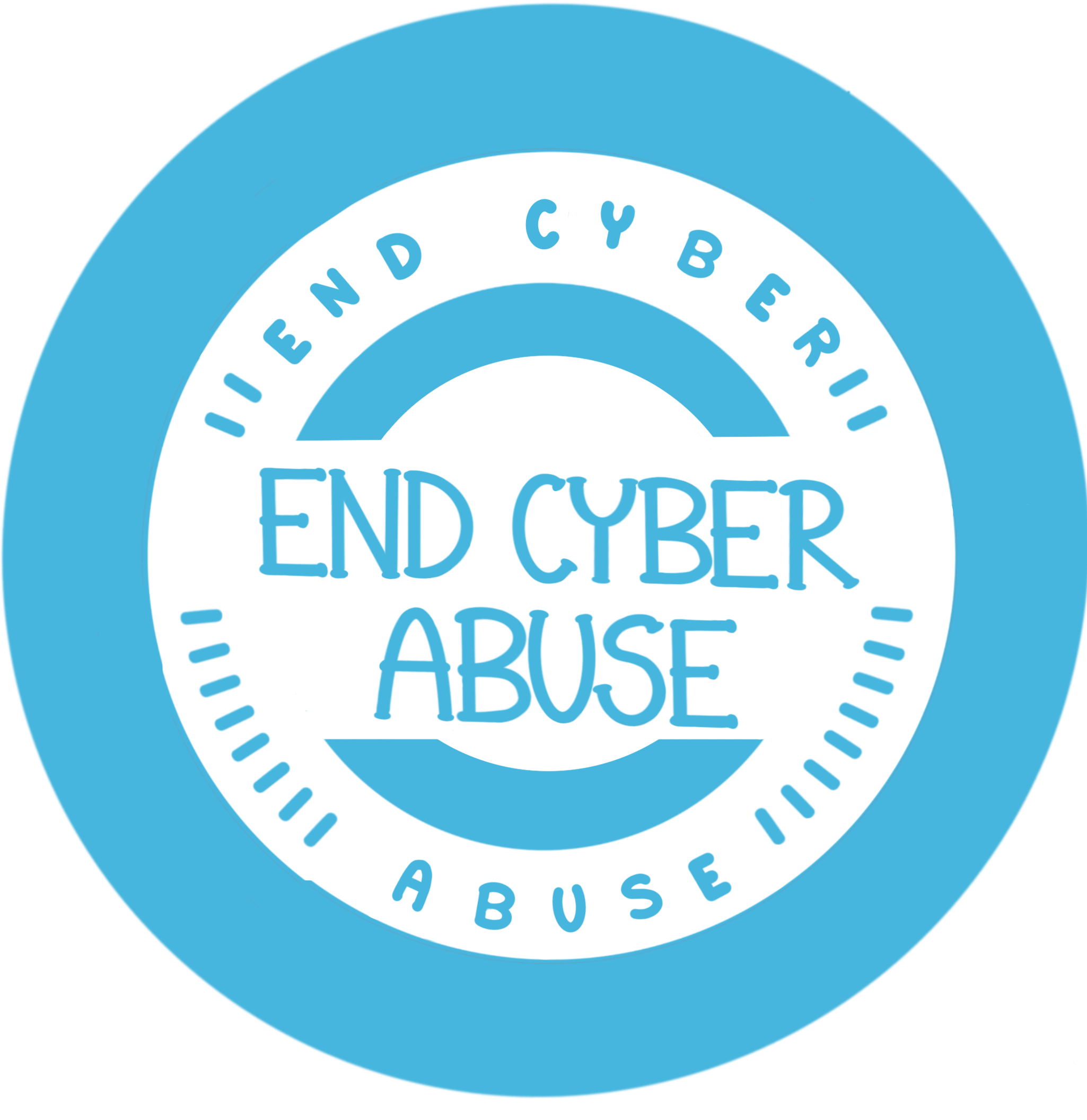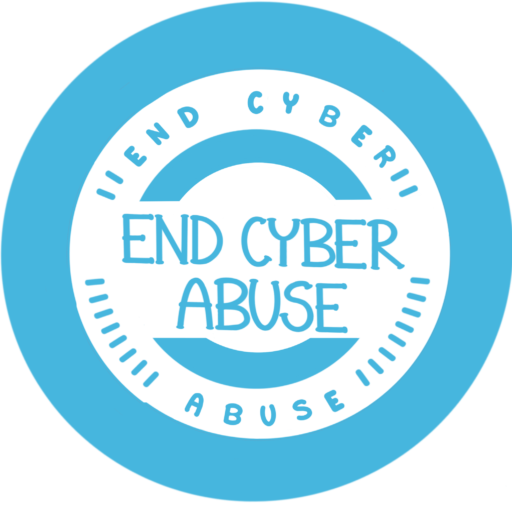WHO WE ARE
We are a global collective of lawyers and human rights activists working to tackle technology-facilitated gender-based violence by raising awareness of rights, advocating for survivor-centred systems of justice, and advancing equitable design of technology to prevent gendered harms.

Our Vision

We envision a world with equitable, safe digital spaces and technologies that are free from violence, oppression and harassment, that uphold the dignity and rights of people of marginalised genders.
Our Principles

We believe in taking an intersectional, survivor-centered and sex-positive approach to our work, to practicing feminist leadership internally and externally, and in ultimately calling out and tackling the root causes of technology-facilitated gender violence: patriarchal gender norms and misogyny.
We also recognize gender is both a social construct and experienced on a spectrum. In our work, we consider those who identify as anything other than a heterosexual cis-gendered male to be at risk of being marginalized due to their gender or sexual identity. We work for people of marginalized genders and sexual identities globally who have suffered or are at risk of facing any form of technology-facilitated gender violence.
In particular, we prioritise members of historically marginalised communities – including LGBTIQ individuals, women with disabilities, youth, Black and Indigenous women, and women of marginalised castes and religions – who may experience overlapping and interdependent systems of oppression.
Our Challenge
0
%
of women report having experienced online violence personally
0
%
of survivors reported that the online abuse perpetrated by a partner or ex-partner was part of a larger pattern of abuse
0
%
of deepfake content online involves non-consensual deepfake pornography
Technology-facilitated gender violence (TGBV) is a broad spectrum of online behaviours perpetrated by one or more people where digital tools and technology is used to harass, intimidate, surveil, and inflict violence upon victims. Such behaviours can have both online and offline consequences for victims. They can be carried out by one person but sometimes also in a systematic coordinated fashion in an ongoing targeted campaign.
TGBV can include forms of abuse such as image-based sexual abuse, doxxing, deepfakes, cyberstalking, online harassment, cyber-flashing, sexual exploitation, and many more, designed to humiliate, embarass, control, and discredit. This form of online violence is disproportionately directed towards those with less power, often women and girls, but also others who are marginalised due to their gender and/or sexual identities.
Both existing and new digital spaces and technologies are rarely designed to prevent such gendered harms from occurring, and fail to provide adequate protection or redress to victims.
WHAT WE DO
In 2019, a collective of lawyers and activists started End Cyber Abuse to tackle technology-facilitated gender-based (TGBV) violence. Originally, we focussed on looking at image-based sexual abuse only with the aim of identifying gaps in policy from a survivor-centred persepctive, bringing an intersectional and sex-positive lens to this space. Over the years, we have expanded our work to TGBV more generally and continued to push for better laws and cultures that tackle the root cause of tech abuse.
We currently work across three key areas:
- Tackling lack of awareness of rights and cultures of harm to better equip people to seek justice and redressal or to fight back.
- Advocating for and building survivor-centred, intersectional and trauma-informed frameworks for seeking justice.
- Supporting equitable design and management of technology so that it does not replicate and perpetuate the same gendered harms that exist offline.
We use various strategies to achieve our goals including:
- Knowledge building through webinars, workshops, and social media campaigns.
- Supporting survivors through resource creation including guides, databases, and apps.
- Conducting policy advocacy through research and the publication of analysis, briefs, and recommendations for the future.
- Creating shared spaces for learning across borders through events and collaborative working.
We are a global collective of members who are interested and work on different areas of technology-facilitated gender-based abuse. We share learnings, collaborate on projects and participate in advocacy around this topic.
TGBV can include forms of abuse such as image-based sexual abuse, doxxing, deepfakes, cyberstalking, online harassment, cyber-flashing, sexual exploitation, and many more, designed to humiliate, embarass, control, and discredit. This form of online violence is disproportionately directed towards those with less power, often women and girls, but also others who are marginalised due to their gender and/or sexual identities.
Both existing and new digital spaces and technologies are rarely designed to prevent such gendered harms from occurring, and fail to provide adequate protection or redress to victims.
OUR MEMBERS

Nishma Jethwa
Nishma (she/they) is a facilitator, educator and activist who has been organising for liberation and working to build anti-oppressive spaces for the last 10 years. She is originally from London with roots and community in Gujarat and Mumbai. For the past three years, Nishma has been working to lead and support organisational and community development, build and deliver training curricula rooted in feminist and anti-oppressive practice, and frame programs to advance gender justice, labour rights and feminist tech. She has a background in law with a specific interest in critically looking at punitive and individualistic approaches to harm, conflict and abuse. Nishma holds a BSc in Philosophy, Politics, and Economics from the University of Warwick as well as being a qualified lawyer in the Senior Courts of England and Wales.

Akhila Kolisetty
Akhila (she/her) is a lawyer, feminist policy advocate, and writer currently based in the United States. She has consulted and worked internationally on women’s rights, gender violence in online and offline spaces, and the legal empowerment of marginalized communities in Nepal, India, Bangladesh, Afghanistan, and Sierra Leone. In New York, she has provided legal representation to survivors of domestic violence, including survivors of image-based sexual abuse and cyber harassment. She is passionate about transformative justice for survivors of techi abuse and gender-based violence and about centering intersectional feminist perspectives. In 2015-2016, she was a Presidential Fellow with the Open Society Foundations. She holds a Bachelor’s in Economics and Political Science from Northwestern University and a J.D. from Harvard Law School.

Habiba Akther
Habiba (she/her) is a London-based rights activist and is currently working as a legal researcher and writer for an international organisation. She holds a degree in International Relations from Goldsmiths, and a MA in Human Rights Law from SOAS. Her master’s thesis explored prosecution strategies to hold Daesh accountable for crimes against humanity. Her interests include civil liberties, access to justice for marginalised groups, tech, and women’s rights issues in the Global South. She has written for various platforms including sister-hood magazine, Lets Talk Palestine, and Another Lenz. She also leads Communications and Outreach at The Rights Collective.

Esha Meher
Esha (she/her) is a human rights lawyer of South Asian descent. Her academic and professional interests lie in the laws governing technology, gender rights and religion. She is currently a Fellow at Information Society Project at Yale Law School working at the intersections of society and technology. She has previously worked as a legal counsel in India and UK, advising and appearing in constitutional as well as commercial matters. She has also worked as a consultant in legal matters in the United States of America, The Pacific Islands of Vanuatu and the People’s Republic of Bangladesh.

Chitrangada Sharma
Chitrangada (she/her) is an academic lawyer and a feminist-policy advocate based in Delhi, India. She holds an LL.M. degree with a specialization in criminal and constitutional law from the National Law University, Delhi, and is a doctoral research scholar at the Center for the Study of Law and Governance, JNU. Her doctoral thesis is centered around courtroom ethnography of trials of image-based sexual violence in India. Her areas of interest include gender and law, victimology, and visual culture. She endeavors to work towards bringing survivor-centric reforms in the law, which are sensitive to the experiences of marginalized communities.

Sailaja Darisipudi
Sailaja (she/her) is a writer, activist, and educator based in the US who is working towards a career in public health with the goal of addressing gendered disparities in health care systems and improving medical access to marginalized communities. She believes passionately in fighting for gender equality, making quality education accessible across socio-economic status, increasing awareness of and destigmatizing mental health concerns within South Asian communities, and decreasing the gap between public education and the complexities of the American health care system. An alumnus of Rutgers University, she has written and edited for newspapers such as RU Examiner and EMSOP Chronicle and led various educational test preparation programs at Rutgers University and in local religious communities. She greatly values the opportunity End Cyber Abuse gives her to help create safer online spaces for marginalized vulnerable communities.


